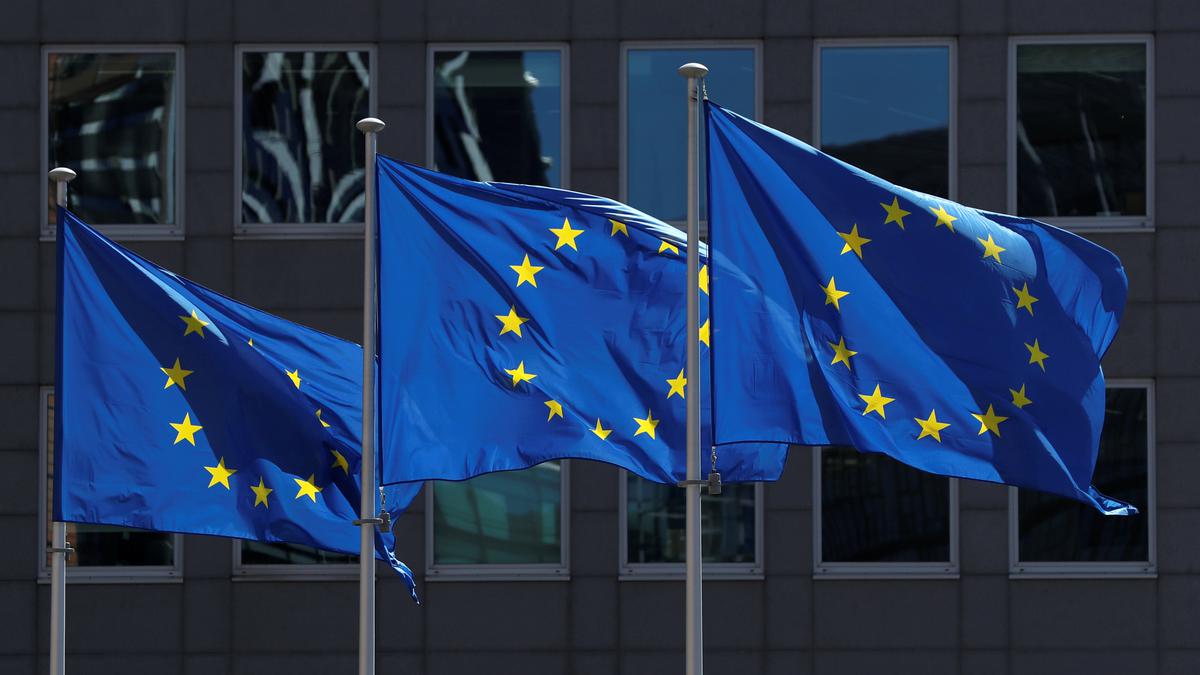The European Parliament’s version of the AI Act, which contains guidelines for generative AI, is the subject of the majority of the US analysis. The records, which were acquired by Bloomberg News, state that some laws in the parliament statute are based on “vague or undefined” words.
The report represents Washington’s most thorough response to the EU legislation and might serve as a model for other nations adopting AI regulations. The US would prefer a strategy that focuses on the danger involved in how these models are actually deployed, thus one issue is that the European Parliament focuses on how AI models are generated.
According to the report, EU restrictions run the danger of “dampening the expected boost to productivity and potentially leading to a migration of jobs and investment to other markets.”
Due to the resource-intensive nature of training huge language models, the proposed regulations would also probably hinder “investment in AI R&D and commercialization in the EU, limiting the competitiveness of European firms,” it claimed.
Biden promises to remain vigilant on AI as businesses reveal safeguards.
According to persons familiar with the situation who asked not to be identified discussing secret documents, the US State Department criticism, including a line-by-line modification of several clauses in the law, was shared with European counterparts in recent weeks.
One of the participants claimed that the remarks were made in an effort to cooperate and align values. According to the source, in response to the European Parliament version, some of the US concerns have been mirrored by EU member states.
Both the European Commission and the State Department declined to comment.
The huge language models that serve as the foundation for the majority of generative AI products will need to be trained using more open source data, according to the EU Parliament’s AI Act, which legislators approved on in June. The decision opened the door for negotiations between the European Commission, member states, and the parliament, and officials anticipate reaching an agreement by the end of the year on the final regulations.
In order to avoid stifling innovation, the State Department has called for a more hands-off approach to the technology, which the US analysis supports. During a meeting with commission representatives in Sweden at the end of May, Secretary of State Antony Blinken voiced his opposition to some of the EU Parliament’s suggestions to regulate generative AI.
Continue reading: The European Man Controlling Musk, Zuckerberg, and Big Tech
Washington has simultaneously sent conflicting signals to EU policymakers about its views on regulation. The US initially opposed the AI Act when it was first suggested by the commission in 2021, but as AI developers and ethicists have began to warn about the potential downsides from the law, some American officials have started to regard mandatory controls more favourably.
Aaron Cooper, BSA’s director of worldwide policy It’s crucial for nations’ AI regulations to agree on fundamentals, including definitions, according to The Software Alliance, a trade group that has spoken with US and EU officials regarding AI regulation.
The most crucial thing the Biden administration can do, according to Cooper, is to keep having excellent, open discussions with their European counterparts about the goals of AI policy.
More information: ChatGPT Threatens to Split Biden Administration Over AI Regulations
The EU is moving forward with the AI Act, but it is still debating issues related to how to regulate the technology’s foundation models and general-purpose AI. Some countries are concerned that excessive technology regulation will make Europe less aggressive.
The European Parliament imposed regulations that specifically target the technology last year, after OpenAI Inc. unveiled ChatGPT and sparked a boom in generative AI.
Previous iterations of the EU’s AI Act used the risk-based approach to regulation that the US preferred for AI regulation. This strategy was also outlined in a framework published earlier this year by the National Institute of Standards and Technology of the Commerce Department.

